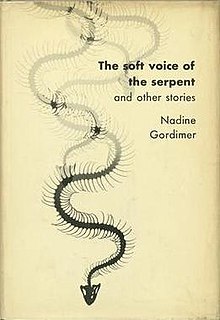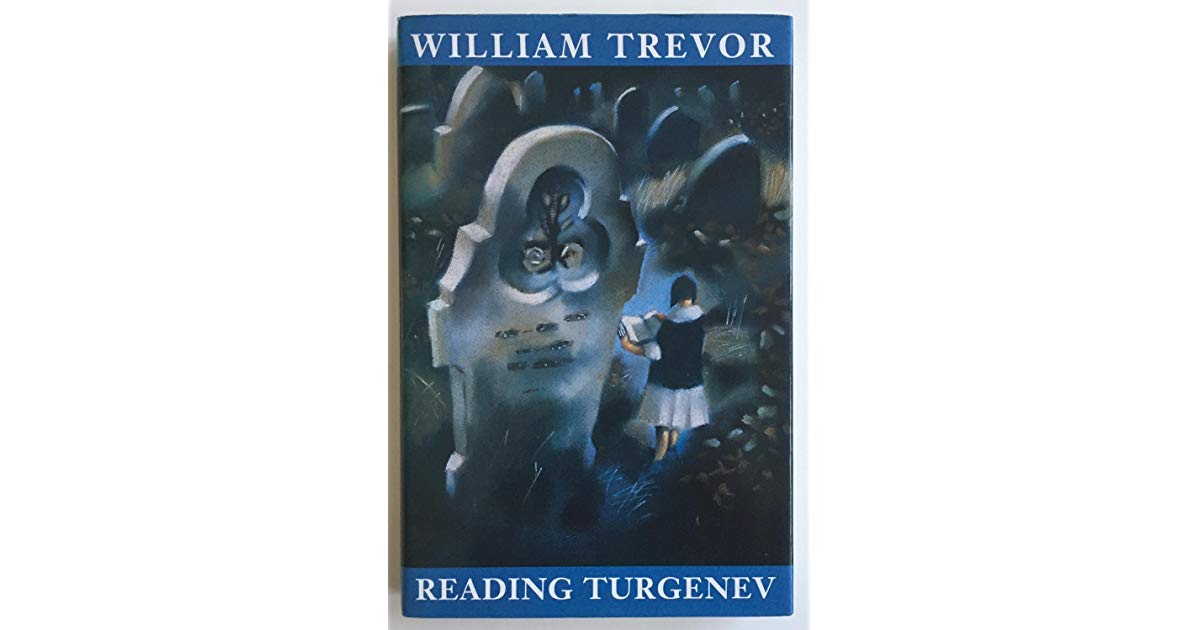Books and Tunes June 30th, 2019
In Toronto, visiting my brother and his wife and their adorable, loud, occasionally well behaved children. It really hammers home the degree to which all childless people are essentially frivolous creatures, dedicated to their own interests, pursuits, and petty pleasures. To whit, here are the 22 books that I read in the back half of June, and the music that I really liked...
Three Christ's of Ypsalanti by Milton Rokeach – What happens when three schizophrenics, all claiming to be the heir of God, are forced by an ethically dubious social scientist to interact? Not much, perhaps predictably – reason has very little effect on the insane, that's kind of the point of being insane, and our three Christ's maintain their sad delusions despite the best efforts of their therapist/tormentor. There's a certain sterile fascination to the fantasies of the severely mentally ill, as anyone who has had much interaction with them can attest; primarily as a a strangely complex (if endlessly repetitive) form of world-building. I'm not sure how much relevance it has to the mental structures of more fully functioning human specimens however, and have often wondered (as a sort of meta-critique on psychoanalysis and its various children) if living in a leprosarium might give one confused ideas about the nature of a healthy man. That aside aside, it's an interesting read.
The Invitation by Claude Simon – A lyrical, satiric depiction of a visit to the USSR in the late 80's by a group of public intellectuals, which, if you can get over the author's refusal to ever use a period, a stylistic peculiarity which is either due to some innate defect (virtue?) of the French language or, potentially, the influence of Proust on his countrymen, but in any case results in these endless seeming, though not altogether unpleasant, sentences, sentences which kind of just go on and on and on and include endless sub-clauses, allusions, asides, though very few semi-colons, which is fine, the semi-colon is the punctuation mark of cowards, for people too lily-livered to choose a proper dash, but anyway its actually a pretty good read, with some lovely language and a reasonably healthy dose of contempt for these sorts of expeditions, and indeed the concept of a public intellectual, which to my mind is a definitional oxymoron of the most embarrassing sort.
Home by Marilynne Robinson– A spinster returns to her childhood home to watch her wastrel brother pay a final call on his dying father. A companion book to Robinson's Gilead, this is a haunting, beautiful, sad novel. Robinson has a genius for conveying the bitter complexity of familial relations, the way in which every word and sentence can contain such an endless raft of references, and the constant prevalence of miscommunication even (especially?) among people who are deeply intimate with one another. It works as a stand alone but also molds perfectly with Gilead, offering another layer of complexity to the subtle, gorgeous characterization of that masterpiece. The depiction of Jack, the prodigal son, whose character failing and ill-fortune hang forever over his head, is tragic and affecting, and as always the language is sublime. Marilynne Robinson, man, Hooo-ey.
69 by Ryu Murakami – A callow youth utilizes Japan's late 90's dissident movement to try and meet girls. A Ryu Murakami book without any body horror! I kept waiting for like, someone to eat someone else's tongue but it never happened. Funny and poignant, if resembling a lot of other books you might have read.
Fatelessness by Imre Kertesz – A strangely unemotional Hungarian youth is sent to Auschwitz, based on the author's own experiences. Unpleasant, thoughtful, stylistically distinct within the unpleasantly large realm of holocaust autobiography.
The Soft Voice of the Serpent by Nadine Gordimer – A selection of early stories from this Nobel prize winning South African. Uneven, but there are some gems in here, particularly the titular short.
A Haunted House and Other Short Stories by Virginia Woolf – Short stories from a giant of the 20th century that I actually don't think I ever read before. After the predictable initial impression of banging your head against a wall, the prose starts to cohere into a masterpiece of thought and rhythm. I liked these very much, except for one or two which felt a little unsubtle. Still, quite marvelous.
The Player by Michael Tolkin – The prototypical soulless Hollywood exec is losing his job, maybe his mind in this bitterly satirical neo-noir. It bogs a little in the last act, but the prose is fabulous, mean and funny and reasonable, and he has a writer's contempt for writers and the vapid suits making an excessive living siphoning from our talents (I'm just kidding, all of my suits are awesome people, I genuinely enjoy their company).
The Children of Men by P.D. James — Twenty-five years after the last child was born, a reclusive academic gets embroiled in a conspiracy against the fascist English state. But you know all of that, you saw the movie. The book is not as good; it's a clever premise, it's mostly quite well-written, but the narrative structure is kind of a mess, and it ends as an unsatisfyingly simplistic parable.
Fine, Fine, Fine, Fine, Fine by Diane Williams – Esoteric flash-fiction. The language is pleasantly difficult to decipher, but once you get down to the nub there usually isn't much beyond a simple scene or statement of feeling, obtuse but sort of insubstantial, even banal. Complexly expressed trivialities.
The Death of Adam by Marilynne Robinson – A bold and vigorous attack on modernity by one of America's better living novelists. An anti-capitalist environmentalist conservative Christian (or something like that), Robinson is a serious enough intellectual to take the originators of contemporary society – Mssrs. Nietzsche, Darwin and Freud – seriously, which is to say, with understanding and dislike. Some of the stuff about Calvin kind of missed me, but basically Robinson's diagnosis of our lurid moral and philosophical collapse seemed uncomfortably accurate.
Of Love and Other Demons by Gabriel Garcia Marquez – A priest falls in love with a maltreated, depressed adolescent girl. I'm a sucker for Garcia's house style ('one day the white goat with the human looking forehead whom we called Pablo fell down the well, and for all the albino clockmaker's crying, we could not save him'), but how many books romanticizing pederasty did this guy have in him? Was it only last week I read Memoirs of my Melancholy Whores? Whole thing felt a bit on the nose.
A Clue to the Exit by Edward St. Aubyn – A dying author writes a book about human consciousness, goes a little crazy during his final months on earth. Didn't love it—the funny parts were not funny, and the philosophical bits are pointless and uninteresting, as the nature of individual consciousness is an insoluble mystery which cannot be reduced to logic and swiftly decays into intellectual masturbation (which in fairness, is the sort of meta-joke about the novel he tries to write, but so the fuck what I still had to read it).
The Blacker the Berry by Wallace Thurman -- A dark-skinned woman tries to make her way in a post-war black society of uncompromising color consciousness. Thoughtful and well-written, of surprising subtlety for an overtly political novel. Good stuff.
Lila by Marilynne Robinson – A woman tries overcomes her miserable childhood in accepting the love of an aging preacher, God, in the third book of the Gilead series. I didn't love it as much as the first two, but it's not bad. Also I've been doing an awful lot of Marilynne Robinson lately, I might have gotten a bit full up by this point.
Reading Turgenev by William Trevor– A woman in a provincial Irish town goes mad. This one didn't do a lot for me.
Grief is the Thing with Feathers by Max Porter – A magic crow takes up residence with a writer and his sons to help overcome the unexpected death of their wife/mother. Entertaining and mostly well-written, quick enough that the absurdity of the premise and the occasional flights of literary fancy don't get exhausting. Good stuff.
My House in Umbria by William Trevor – A writer of romances takes in the survivors of a train bombing in what seems like (but is not) a sweet-natured meditation on loss and love. Mean, clever, strange, a curveball coming in high and fast, be careful you don't get plunked. By which I mean you should probably read this book.
Driving on the Rim by Thomas McGuane-- The lengthy recollections of a small town doctor having a nervous breakdown. Meandering and flabby.
The Queen of the Tambourine by Jane Gardam – A woman loses her mind when the X. Meandering. I know I said the last book was meandering also, but what can I tell you? I felt they both meandered. You should be sympathetic to my trouble, rather than judgmental of my word choice.
The World of Odysseus by M.I. Finley – An attempt to construct pre-literate Greece through the Homeric oral epics. Broadly interesting, though one does get the sense that an awful lot of this is riding on what might have been a throw away line by an itinerant half-drunk poet (most poets are half-drunk most of the time, I don't see why it would have been any different in ancient Greece.)
The Concept of the Political by Carl Schmitt –
Schmitt: Tell me who your enemy is, and I will tell you who you are.
Me: Republicans, neo-liberals, anarchists, academicians, people who underline things in library books, people who ride their bikes on the sidewalk, people who think Pearl Jam are a serious band, anyone who ever liked Forest Gump, people who are rude to waiters, e-sports enthusiasts, celebrity gossip journalists--
Schmitt: ...I think I left the oven on.






















